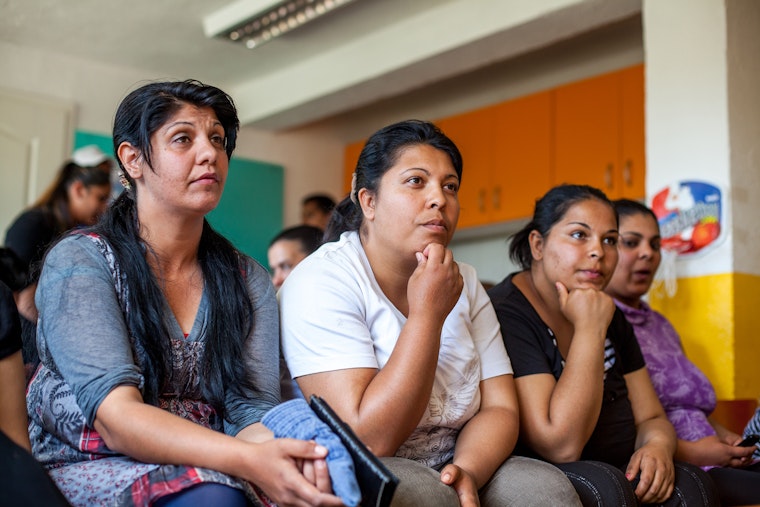Q&A: European Roma’s Path to Equality

The Council of Europe recently awarded the Raoul Wallenberg Prize for 2018 to the European Roma Rights Centre. Mariana Berbec, a program manager for the Open Society Human Rights Initiative, spoke to Dorde Jovanovic, president of the organization, about the award.
For how long have Roma been discriminated against in Europe?
For centuries in Europe, Roma have been persecuted, ostracized, and suppressed. Hundreds of thousands of Roma were murdered by the Nazis.
After World War II, there was a collective sense that the sort of prejudice and discrimination that gave rise to Nazism could never again be allowed to flourish. But discriminatory attitudes towards Romani people outlived the defeat of fascism, and they remain one of the most potent forms of prejudice in modern Europe.
In announcing this award, the Council of Europe recognized the European Roma Rights Centre and its “unrelenting” work on behalf of Romani people. Why is this work so important?
Discrimination and hatred still are a daily part of the lives of millions of Roma across Europe. According to a recent Pew Research Center survey of Europeans in 18 countries, only 37 percent of respondents said they would accept Roma as neighbors, and even fewer (19 percent) said they would accept Roma as family members.
For a long time, Roma suffering went unrecognized and unacknowledged. But recognition is growing.
How is the European Roma Rights Centre helping to counter this prejudice?
To stop discriminatory policies and actions directed at Romani people, we engage in strategic litigation, public education campaigns, and direct advocacy. In 20 years, we have set in motion more than 500 court cases in 15 countries to bring to justice state and nonstate actors who have discriminated or committed violence against Roma. We have secured over €2 million in compensation for Roma for the abuse they have suffered and the subsequent failure of their respective governments to ensure justice.
How does your legal strategy fit into the public debate about discrimination against Romani people?
We have no illusions that the outcomes of hard-won victories in courts will necessarily lead to immediate justice in the community. The enduring gap between a judgment and true justice is a problem which Roma cannot solve alone.
We have joined the European Implementation Network to deal with this issue and need to be part of more coalitions. We are also engaged in research and extensive communications and education efforts.
The European Roma Rights Centre is a grantee of the Open Society Foundations.


